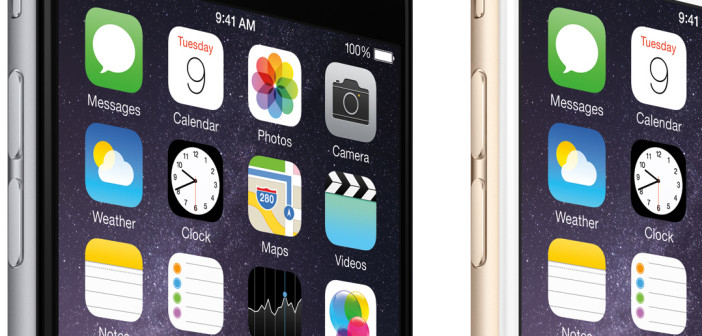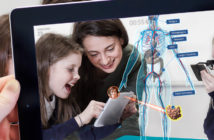By Katrina Delargy, director, Tiyga Health
Doctors are very busy and many British people are afraid of wasting the doctor’s time, according to Sarah Hiom, director of early diagnosis at Cancer Research UK, with the result that symptoms are reported later than they should be, with diagnosis consequently left with fewer treatment options.
Yet smartphones can help us to overcome some of the barriers to timely reporting of symptoms, or enable earlier intervention, and this better evidence should theoretically lead to better care.
Honest about health
Several experts suggest people can be more honest about health concerns when they are telling a ‘machine’ such as a laptop, tablet, or smartphone, rather than facing a human being, with emotions and opinions on both sides.
Today the smartphone is, arguably, the most widely used communication machine in daily life. So why not use it for our health, not just to count our steps but to check that our resting heart rate is within a normal range or to log observations that could become a concern? If your smartphone is already holding your appointment diary, why can’t it act as a patient diary, one that keeps track of how we feel as well as what we are doing? But also a smart diary that can remind us if we’ve done enough or done too much of something that affects our current or future health.
Apps can be used to keep track of our symptoms and little daily observations that could later be seen as “no big deal”, “nothing to worry about” or, in fact, “early warning signs to be acted upon”.
Our phone can be our best friend and health confidante. It will not judge us, but it will listen and not forget.
Logging the symptoms
When we feel unusual pain, discomfort or distress we may not always know the true cause. We might convince ourselves that we are imagining whatever “it” is, “it” will go away. When we see blood where it shouldn’t be, when we grimace with pain or pause for breath, we say “this cannot be happening to me”. Is it wise to ignore such observations and pretend they didn’t happen or expect that we’ll remember the exact timing, feeling or context? When the observation happens a second or third time, can we remember the detail of the first observation? Usually not.
We fear nobody will believe us; that it could be embarrassing to talk about, to say out loud to a human being, whether family, friend or expert. Nobody likes to feel “stupid” or not to be believed. And as well as all that, there’s the hassle of taking time out of our normal role to make and attend an appointment; all, perhaps, for nothing, or so we think.
Talk to the phone
The answer is to tell your phone via for example a simple app, in a few words or by ticking boxes, and sharing that information with your doctor without having to talk about it or attend a consultation, except if a physical examination is considered necessary.
But let’s get back to the busy doctor. No, he or she doesn’t suddenly have more time just because you have an app. But if that app is smart enough, and you allow it, it could connect with a cloud-based platform and put your information automatically into a system that makes it easier for the doctor or clinician to use in an efficient way and see if a worrying pattern emerges.
Technology presents an opportunity for patients and healthcare professionals to collaborate more objectively, possibly resulting in shorter consultations and more optimal timing of interventions. The first step is for technology – apps – to become the voice of the patient. I believe that smartphones can help many patients.
Tiyga works with healthcare providers and suppliers to help transform the way patients are treated and reduce costs. Patients report on how they feel, via their smartphone or tablet, direct to their doctor or clinic, rather than relying on memory at the clinic or when keeping a diary.





